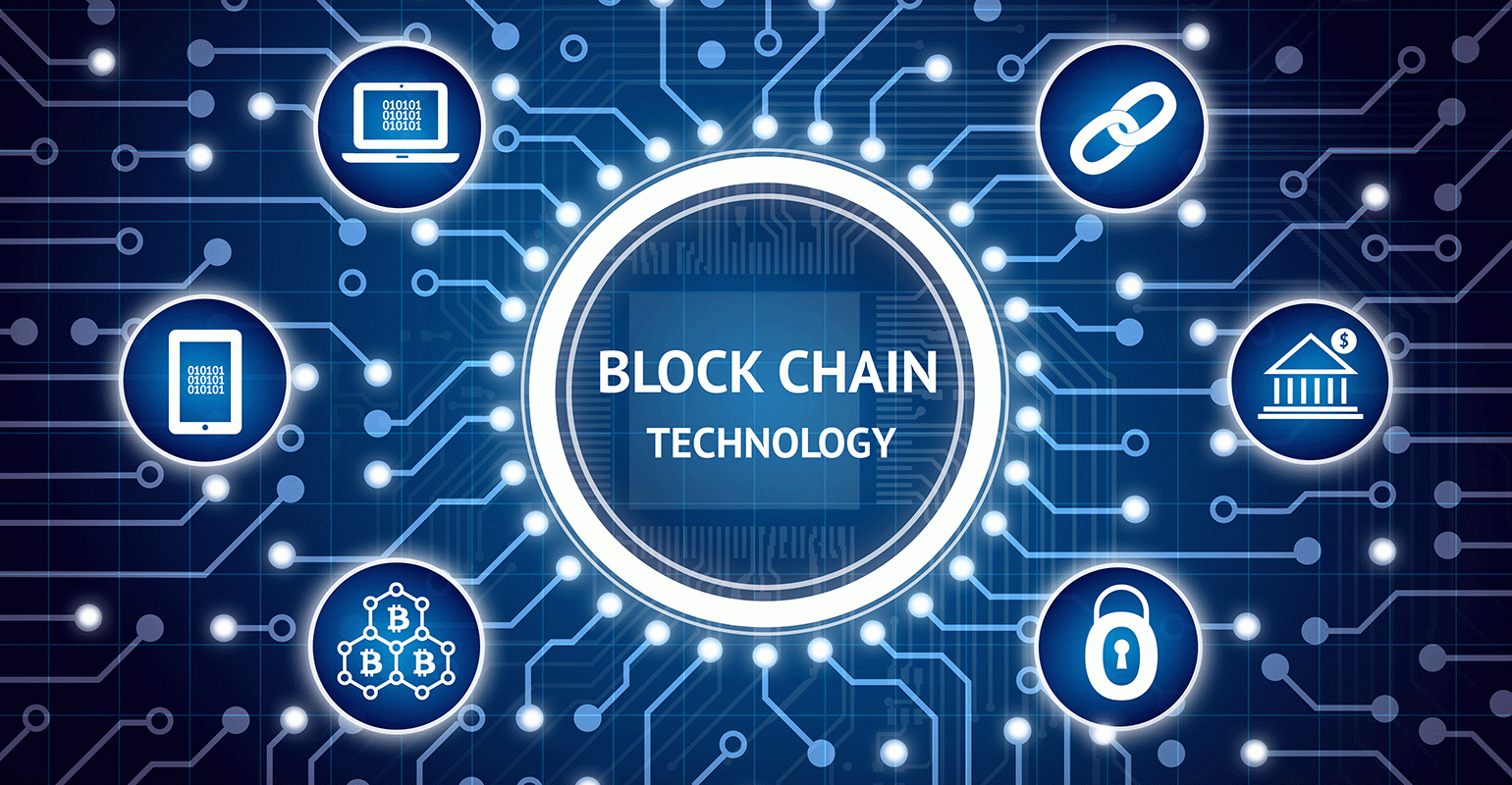Can the blockchain reinvigorate the loyalty program?
For more than two decades, I have been a loyal consultant, thinking, talking about and writing articles about customer loyalty. In this article, I want to break through the blockchain propaganda and focus on what it can do for your business and what not to do.

As participation in loyalty programs continues to lag, there is growing interest in the possibilities offered by blockchain loyalty programs. Decentralized managed ledgers have both opportunities and challenges. First, let's take a look at these opportunities:
reward redemption blockchain-
based loyalty programs address issues that often keep customers away from traditional loyalty programs. This includes the issue of redeeming points before the expiration of multiple loyalty programs and the issue of tracking these points.
Low redemption rates are a big issue for loyal marketers. Members who have not redeemed are not actively involved in the loyalty program. On the other hand, members who redeem points are more invested, spend more, and are more satisfied with the loyalty program.
Blockchain allows customers to store all points in a single wallet instead of trying to manage multiple programs. There are no separate rules for getting and redeeming points from different loyalty programs.
This reduction in friction, in turn, allows customers to exchange tokens for a variety of different businesses and discounts or rewards. In a global loyalty study, 79% of participants said that choosing among several rewards is attractive to them. Program providers still control factors such as the value and dispersion of points, but their profitability is less dependent on customers to redeem fewer points.
More flexibility
When it comes to loyalty programs, customers value flexibility. With the blockchain loyalty program, customers no longer have to wait for bonus points, but instead can earn and redeem points in real time. In addition, blockchain rewards are easier to track and can be redeemed in smaller increments. There are also more opportunities to participate, including local campaigns, partner offerings, biometric authorizations and targeted content.
The data stored in the ledger is secure, structured, and rich. It is the perfect source of targeted content driven by big data analytics using artificial intelligence (AI). For example, AI can be used to create personalized messages for each customer and provide the right offers, the right rewards, and real-time services.
Reduce fraud
If the company has sensitive private data, it will not be stored in the blockchain, but will remain on the legacy system that the blockchain can interact with. For network members, all necessary information is stored on the ledger. All of this leads to a reduction in loyalty fraud. One of the obstacles to
reducing project costs and
expanding loyalty programs is that it takes time and money to do so. With distributed ledgers, this cost will be much lower. Customers can save money by requiring a minimum minimum balance bonus point to redeem or more valuable customer experience.
Challenge
Many companies are already exploring the possibilities that blockchain loyalty platforms can offer. However, like any new technology, there are still many problems and factors to be further developed or studied.
Emerging Trends
There are many startups such as Rousanium, Gift Jeenie, Qiibee and Loyela that are implementing blockchain loyalty programs. But in general, this type of project is still in its infancy. So far, some big brands are experimenting with blockchain technology.
Earlier this year, Singapore Airlines launched KrisPay, which allows members to transfer KrisFlyer points to partner merchants using a digital wallet that can be accessed in real time. American Express is also leveraging the transferability of the blockchain to enable merchants to bundle American Express bonus points into their products. Under this umbrella, online wholesaler Boxed is the first merchant to test blockchain-based rewards.
Chanticleer Holdings, which owns American burgers, BGR and some Hooters restaurants, wants to allow customers to redeem Merit (its reward cryptocurrency) on any of their brands or exchange them with friends. The company intends to give its reward members more control over their loyalty programs to enhance their customer experience.
Data privacy
requires steps to protect customer data, not just the data protection provisions of the General Data Protection Regulations (GDPR). Only limited information can be stored on a shared network. The rest require a customer license to collect and must be stored separately.
Consumer learning curve
Millennials are often interested in Bitcoin and other digital currencies and may be more willing to accept an encryption reward program. We know that customers don't always take full advantage of and participate in loyalty programs, and blockchains should eliminate some of these barriers, but there is still an important learning curve. Customers also need to download their digital wallets and set up their own accounts.
Scalability
At its current level, blockchain technology may be difficult to meet. Bitcoin can only trade three to four times a second, and even Ethereum can only trade 15 times. Existing infrastructure may not be sufficient to support large blockchain loyalty programs.
Blockchain loyalty platform, as an emerging technology, has enormous potential and shortcomings. Smart business leaders are better off looking at the company's situation. These companies are experimenting with blockchain loyalty programs to see how these projects perform compared to traditional loyalty programs.
@excitecontent, thank you for supporting @steemitboard as a witness.
Click on the badge to view your Board of Honor.
Once again, thanks for your support!